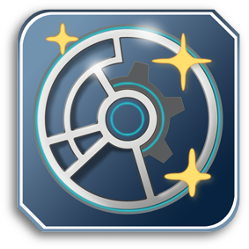Q: How do I Protect a Computer from Malware and Other Threats?
A:
- Never log in as an administrator, always login with a non-administrator account.
- Should malware or a hacker gain entry to your computer, they will likely be able to take on the power of the currently logged-in user. If you are logged in as a non-administrator, they can cause damage to your data, but not the system or applications. If you are logged in as an administrator, they can do anything.
- Keep OS and applications up to date.
- Most updates are about patching a security vulnerability.
- Install quality antivirus software (I like Bitdefender).
- Depending on which authoritative source you wish to believe, there are up to 40,000,000 malware in the wild. It is not a matter of if one will find its way to your device, only when, and how often. A quality antivirus helps to prevent this.
- Install quality anti-malicious website software (I like trafficlight from Bitdefender).
- Most antivirus applications do not check for malicious websites, so a separate utility is used.
- Enable application whitelisting.
- Even the very best, most effective antivirus can catch 99.9% of known malware. That leaves around 40,000 known malware that it won’t catch. We have no idea how many unknown malware will walk right into your system. With application whitelisting turned on, the only applications that can launch are those specified. And a virus won’t be on that list.
- Download software only from the developer or as in the case of macOS and Chrome OS, from the Apple Store or Chrome Store.
- Most of the other sites are a cesspool of malware and infected applications.
- Never let someone use your account.
- You don’t know where they are going. You don’t know what they are doing. And if you have ever been through a divorce, you already know that even those you love and trust the most can sometimes be trouble.
- Make all passwords “strong” (minimum 15 characters. It’s ok for them to be easy to remember, easy to enter).
- A current-generation laptop computer can generate around 100,000,000 password guesses a second. It doesn’t take long to break a password. The longer the password, the exponentially longer it takes to break it.
- Use a different password for each website.
- The bad guys bank (literally) on the fact that most people use only a couple passwords. When one of your online accounts has been hacked (I’ll be you $1 that at least 1 of your accounts has already been hacked), the bad guys get your email address and at password that you use. They will then test this combination at banks, online retailers, credit card sites, etc. until they find a high-value target that uses the same password.
- Use a password manager to remember your passwords (I like LastPass).
- Because if you use a different password for each site, you can’t remember them! Let technology do it for you.
- NEVER use email for sensitive information.
- Email can be made end-to-end encrypted and secure, but most people aren’t up to the task. Instead, use an end-to-end encrypted secure instant messaging service. I like Wire and Signal.
- NEVER use a landline or cellular phone for sensitive information.
- Use an end-to-end encrypted secure voice service. I like Wire and Signal.



